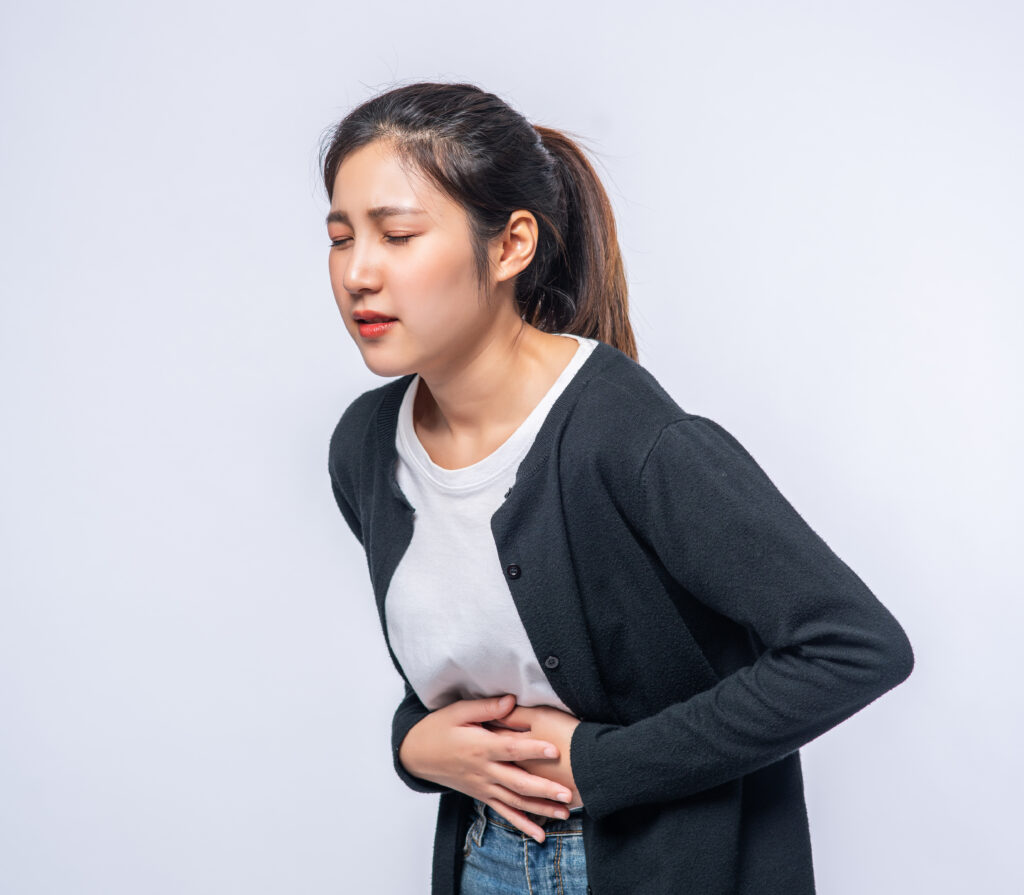
While health is a genuine concern among all children and adults alike, menstrual health and hygiene among women and pubescent girls is something that tends to get neglected. Not only does poor menstrual infrastructure exist, there is a lack of information about menstruation and a persistent stigma around it.
What Is Menstrual Health?
Everyday, around 800 million girls and women menstruate. Menstruation is a normal biological process that goes on from menarche (first menstruation) till menopause (final menstruation and accompanying changes in the body).
Terminology Action Group defines menstrual health as a state of complete physical, mental, and social well-being and not merely the absence of disease or infirmity, in relation to the menstrual cycle. Some of its key components are:
- Access to information about menstruation, changes in menstrual cycle and menstrual products
- Accessible and affordable menstrual materials for taking care of menstrual health and hygiene
- Timely access to help related to menstrual problems and discomfort
- Positive and respectful environment free from stigma and shame
- Absence of restrictions and discriminations based on menstrual stigma and the conscious choice to participate or not to participate in public sphere
Situation in India
India has a persistent history of socio-economic barriers related to appropriate menstrual health. In some studies, about 71% girls were unaware about menstruation before they got their first period. While women turn to their mothers for menstruation related help, they in turn themselves consider menstruation “dirty”. This is a generational stigma that needs to be broken.
Only 23% of the girls knew that uterus is the source of the bleeding, while the number of men and boys who know basic information about periods is even lesser. Further, women from richer backgrounds are four times more likely to use healthy sanitary products as compared to women from low-income backgrounds.
In several schools and colleges there exist no proper sanitary infrastructure. This causes shame and and discomfort in going to school and college among girls who prefer to stay at home instead of going during their period days.
Join Fikrah in any capacity you can and help in providing the young girls get access to sanitary napkins, pads and gain more information and awareness about menstrual health and hygiene.
